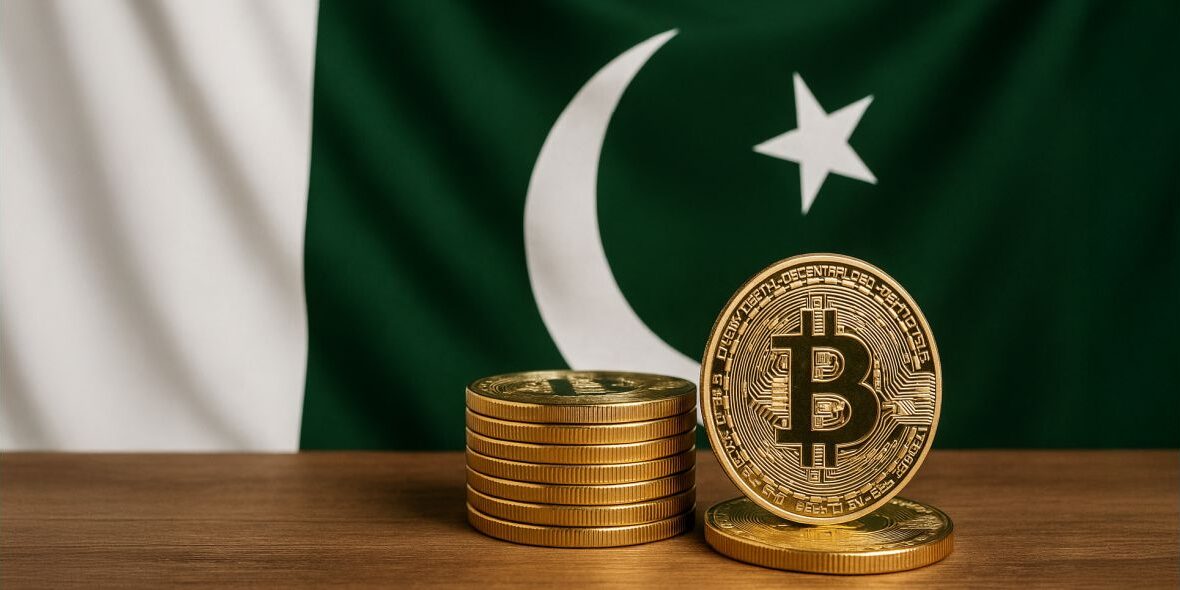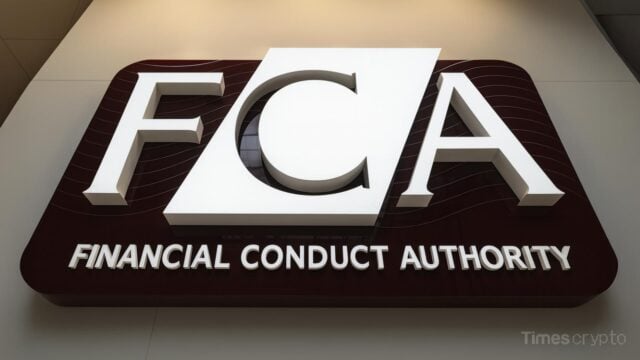Key Takeaways
- Pakistan has endorsed the Pakistan Digital Assets Authority (PDAA) to lead the regulation of the country’s digital finance ecosystem.
- The PDAA will oversee exchanges, DeFi platforms, stablecoins, and tokenized assets under a unified framework.
- It aims to ensure compliance with Financial Action Task Force (FATF) standards while drawing international blockchain investment.
- The authority is expected to unlock economic potential through asset tokenization and regulated Bitcoin mining.
- Pakistan’s move builds on earlier efforts like the Presidential Initiative for Artificial Intelligence and Computing (PIAIC), the State Bank of Pakistan (SBP)’s Central Bank Digital Currency (CBDC) exploration, and the launch of the Pakistan Crypto Council.
The Pakistani Ministry of Finance has confirmed the formation of the Pakistan Digital Assets Authority (PDAA) to oversee the country’s virtual asset economy.
The regulatory body will manage all aspects of blockchain-based finance, from cryptocurrency exchanges to decentralized finance (DeFi) platforms, aiming to bring structure to an estimated $25 billion informal crypto market.
New Authority Seeks to Turn Regulation into Opportunity
According to a May 21st report by the state-owned Pakistan Television Corporation (PTV), the Pakistan Digital Assets Authority (PDAA) will serve as a centralized regulator with jurisdiction over licensing, compliance, and innovation within the digital asset sector.
The new authority is designed to ensure Pakistan’s financial ecosystem evolves in line with global standards, particularly the Financial Action Task Force’s requirements.
Federal Finance Minister Muhammad Aurangzeb stated that Pakistan must move beyond basic regulation and instead lead global efforts in digital financial innovation.
Leveraging Crypto for National Development
The Authority will be tasked with providing legal clarity for both domestic and foreign investors, enabling asset tokenization, and facilitating monetization opportunities, such as regulated Bitcoin mining using Pakistan’s energy surplus.
It also plans to foster youth-led entrepreneurship and startup growth in blockchain development, reflecting a broader ambition to integrate technological advancement with economic inclusion.
Following Global Playbooks for Innovation
According to the report, the initiative mirrors strategies already adopted in jurisdictions like the UAE, Japan, Singapore, and Hong Kong, as these countries have already positioned themselves as leaders in digital finance by introducing agile regulatory structures capable of supporting rapid innovation while maintaining compliance with international norms.
Crypto Council Backs Vision for Financial Reinvention
Bilal Bin Saqib, CEO of the Pakistan Crypto Council, noted that the PDAA’s scope extends far beyond cryptocurrencies. He stated that it is an opportunity to redefine the nation’s financial future through tokenization, expanded digital finance access, and the creation of new export pathways via Web3 applications.
From Concept to Reality: Pakistan’s DeFi Evolution
The launch of this authority marks a new chapter in Pakistan’s years-long progression toward digital finance. What began as scattered experiments in blockchain and Web3 has matured into a coordinated national strategy.
The earliest major milestone came in 2018 with the Presidential Initiative for Artificial Intelligence and Computing (PIAIC). Spearheaded by President Dr. Arif Alvi, the program aimed to nurture education and innovation in emerging technologies, including blockchain.
Years later, the State Bank of Pakistan (SBP) took a critical step forward by exploring a Central Bank Digital Currency (CBDC). Through its Digital Innovation & Settlements Department, the SBP began evaluating distributed ledger technology (DLT), open banking frameworks, and models for digitizing national payments.
In parallel, the creation of the Pakistan Crypto Council (PCC) in early 2025 further formalized the government’s role in digital finance. Chaired by Finance Minister Muhammad Aurangzeb and advised by international crypto leaders such as Binance co-founder Changpeng Zhao, the PCC was designed to facilitate structured growth in blockchain applications and digital assets.
Moreover, Pakistan has launched another key initiative to convert surplus electricity into economic opportunity through regulated Bitcoin mining and AI-powered data centers. Announced in April 2025, the strategy targets underutilized energy in select regions, turning idle infrastructure into revenue-generating assets with both domestic and international potential.
In Conclusion
The launch of the Pakistan Digital Assets Authority (PDAA) brings together years of work to modernize the country’s financial system, align with international standards, and promote blockchain innovation.
From the early educational push via PIAIC to the SBP’s strategic exploration of CBDCs and the formation of the PCC, Pakistan’s trajectory has steadily advanced toward full digital integration. Now, with the PDAA in place, the country is poised not only to regulate but to lead in shaping the next chapter of global decentralized finance.
Read more: Bitcoin Soars to $111K on Pizza Day, Shattering All-Time High







